It may not be the most entertaining part of your uni experience, but properly managing your utilities is the only way to avoid nasty surprises while living in a student home. There are a few things you’ll need to keep on top of when it comes to things like electricity, gas and broadband. To make everything as easy as possible for you, we’ve listed out the key things you’re going to want to know about your utilities. Without further ado…
Here at Split The Bills we understand that for many sharing a student property, sorting the utilities for the duration of your stay can bring with it some challenges.
For those of you familiar with setting up individual utilities or in a smaller household, going direct to suppliers may be a preferred method.
For some households, using shared utilities providers like us here at Split The Bills provides a number of added benefits. We will liaise with suppliers and arrange all your key utilities including gas, electricity, water, broadband and TV license. When Split The Bills are managing your utilities, each housemate gets billed individually. All payments you owe are taken directly from your account so there’s no need to chase housemates for payments. This takes out all of the hassle and will even protect your credit score going forward.
Typically, energy suppliers may have a ‘limit’ on how much energy you’ll be permitted to use on your tariff. If you exceed this limit, the energy company will add an additional charge to your account, typically payable at the end of your contract. It can be helpful to check your meter to track your energy usage if you use a lot of electricity at your house.
At Split The Bills, energy is charged at the same amount each month, and doesn’t come with any over-usage charges, giving you peace of mind throughout your contract.
Your energy supplier will always need periodic readings from your gas or electricity meter, so that they can work out the correct amount to charge you. If you don’t send them readings, they’ll estimate your usage, which could mean a much higher bill than what you owe. Two important meter reading times are as soon as you move into the property and just before you leave.
Electric and gas meters are usually kept either in a downstairs storage cupboard, such as under the stairs, or in the kitchen in one of the under-counter cabinets. If you’re having trouble finding your meters, your landlord and/or letting agent should be able to tell you where they are.
We have published a helpful and comprehensive guide on reading the variety of different potential meters, which you can find here.
We’re here to help you find the correct balance – saving money on your broadband bills, but receiving enough precious megabits for your needs.
The first thing to consider is how many people will be in the house. As you might expect, more people in the house equals more bandwidth usage. A two-person flat may be fine with a 16mbps package, but you should scale your requirements proportionally as the number of housemates increases.
You also need to factor in exactly what each housemate uses the internet for, and how intensely they use it. Streaming services like Netflix will eat considerably more bandwidth than Google Docs or social media. Depending on each housemate’s usage habits, it may also be worth considering how many different devices each housemate brings into the house – computers, laptops, mobile phones, tablets, smartwatches and virtual assistants like Alexa and Google will all have internet requirements. Incidentally, you can reduce the amount of bandwidth your phone/tablet consumes – as well as extend its battery life – by turning off the likes of Bluetooth settings when not in active use.
Council tax is a local tax on domestic properties and is made payable to the council to fund services such as waste collection and street lighting. Students are exempt from council tax, so if you live in an entirely student-filled house, you will not be required to pay this, just make sure you or your landlord inform the council – via their website or by post.
If you live in a mixed occupancy of students and professionals, the professionals will be liable for council tax at the property while you will not. Professionals in the property will need to declare their occupancy to the council and pay their council tax as normal.
There are several different situations in which you may need a TV licence. If you watch terrestrial television (digital, Sky, cable or any other kind) you will need a TV licence. If you stream television from any national broadcaster (e.g. using BBC iPlayer, ITV digital etc) you will also need a TV licence.
It doesn’t matter what device you use to watch it – whether that’s a TV, desktop computer, laptop, mobile phone, tablet, games console or digital set-top box.
You will only need one TV licence per household, even if you use more than one of the devices listed above.
Split The Bills is not a financial advisor. This should not be considered as professional financial advice. Do your own research & consult a professional financial advisor before making any financial decisions!

Electricity. Gas. Broadband. Water. TV Licence.
All in one equally split monthly bill. Nice.